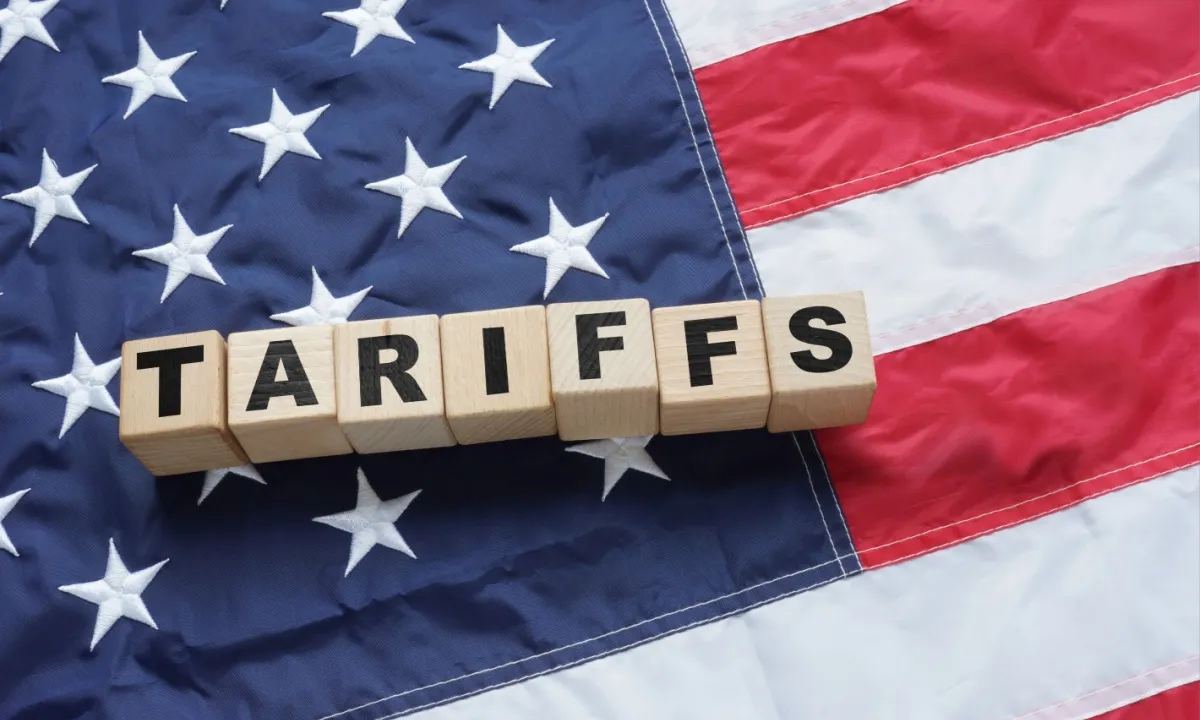In the dynamic landscape of investment opportunities in the UAE, investors often find themselves at a crossroads when deciding between Contract for Difference (CFD) trading and real estate investments.
Both avenues offer unique advantages and come with their own set of challenges. Let us delve into the pros and cons of CFDs and real estate investments so that you can make an informed decision tailored to your financial goals.
What is a CFD?
A CFD is a Contract For Difference, a derivative financial product that allows investors to bet on the direction of the underlying asset’s (like a stock or commodity) price. When trading CFDs, investors and brokers engage in a contract to exchange the difference in the underlying asset’s price between the opening and closing dates of the contract.
Pros:
- Liquidity and flexibility: CFDs often provide high liquidity, allowing traders to easily enter and exit positions. This flexibility is crucial for those who prefer a more dynamic and responsive investment approach.
- Diversification: CFDs enable investors to diversify their portfolios across various asset classes, including stocks, commodities, and indices. This diversification can help manage risk and potentially enhance returns.
- Leverage: CFD trading allows investors to use leverage, amplifying their exposure to the market without the need for a large upfront capital. While this can lead to higher profits, it also increases the risk of significant losses.
- Short selling opportunities: CFDs permit investors to profit from falling markets by engaging in short selling. This ability to capitalise on both upward and downward price movements adds an extra layer of flexibility.
Cons:
- Risk of losses: The leverage associated with CFD trading magnifies the potential for losses. Investors can lose more than their initial investment, making risk management a critical aspect of CFD trading.
- Complexity and volatility: CFD markets can be complex and volatile, requiring a deep understanding of market dynamics. Novice investors may find it challenging to navigate these waters, leading to potential pitfalls.
What are real estate investments?
Real estate investments involve the purchase of property for the purpose of generating income, capital appreciation, or both. They encompass various types of properties, including residential, commercial, industrial, and land assets.
Pros:
- Stability and tangibility: Real estate is often considered a stable and tangible investment. Properties have intrinsic value and can provide a reliable income stream through rental yields.
- Long-term appreciation: Real estate has historically shown long-term appreciation, making it an attractive option for investors looking to build wealth over time.
- Tax benefits: Real estate investors in the UAE can benefit from tax advantages, including exemptions on capital gains and rental income taxes, contributing to increased overall returns.
- Portfolio diversification: Similar to CFDs, real estate investments allow for portfolio diversification, reducing risk exposure to economic downturns in specific sectors.
Cons:
- Illiquidity: Real estate investments are inherently illiquid. Selling a property can take time, and the process may involve additional costs and complexities.
- Upfront costs: Real estate requires a substantial upfront investment. Investors must consider not only the property’s purchase price but also associated costs like maintenance, property taxes, and transaction fees.
- Market sensitivity: Real estate values are influenced by economic conditions and market trends. Economic downturns can lead to a decline in property values, impacting the overall return on investment.
How can PRYPCO help?
PRYPCO Blocks is a real estate fractional ownership platform that enables investments in Dubai’s best rental properties from just AED 2,000 (approx. USD 540). You can reap the benefits of real estate investments like rental income and capital gains at a fraction of the cost.
Conclusion
The decision to invest in real estate or CFDs would depend on your investment objectives and risk thresholds. CFDs tend to have higher risk due to significant loss potential, real estate, on the other hand, tends to have lesser risk due to its tangibility and intrinsic value.


